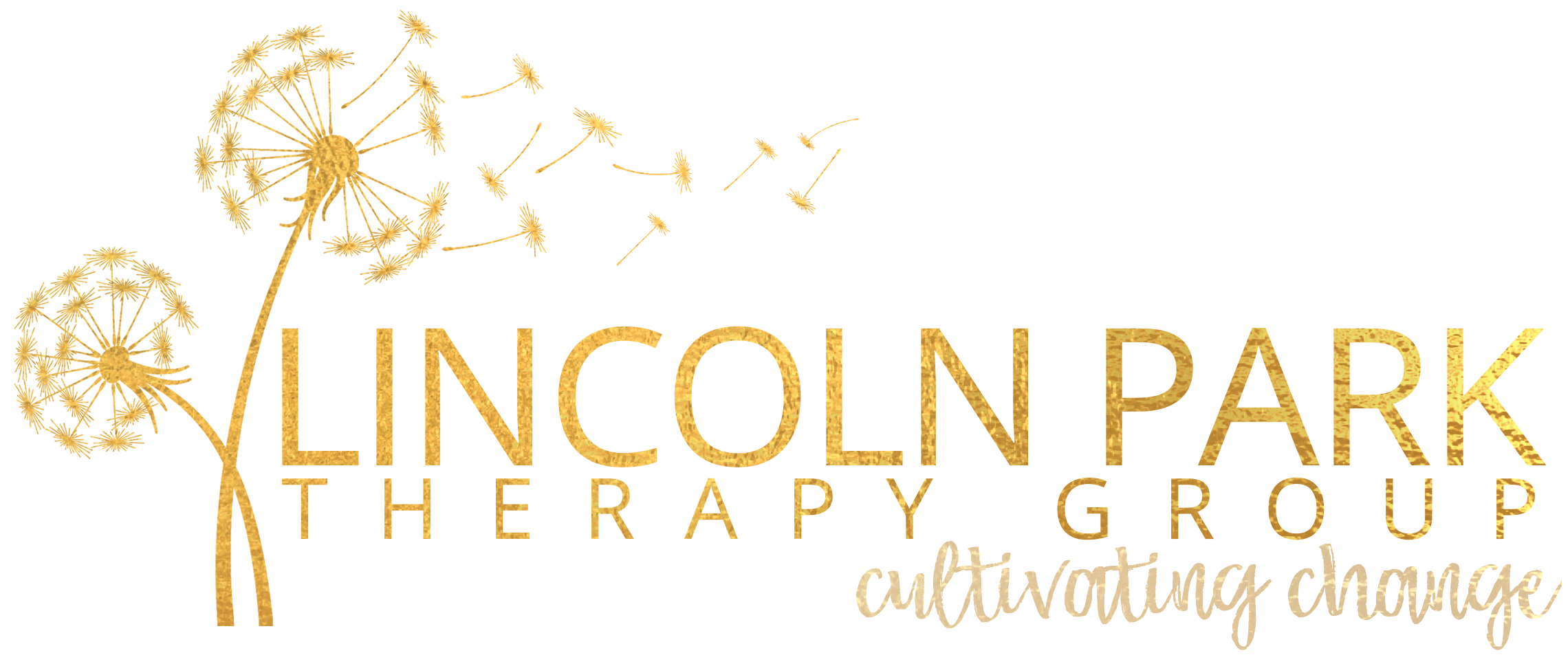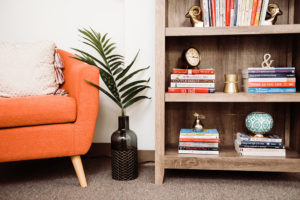When it comes to the human psyche, anniversaries mean something. We may not always realize it, but somewhere deep within each of us there is a part of our soul that recognizes when 365 days have passed since a memorable milestone or life-changing event.
I don’t think anyone would argue that the coronavirus pandemic wasn’t memorable or life-changing. In a matter of days, life as we knew it stopped completely and suddenly we were all adjusting to this “new normal” that everybody kept talking about. I, like many of you, believed it would last a few weeks – maybe a couple of months at most.
But here we are, 365 days later. And we’re still “in it”.
I find myself thinking about the impact of “anniversaries” frequently this week, as we tip over the one-year mark of the coronavirus crisis… grappling with the realization that this one-in-a-lifetime international pandemic, powerful enough to halt life across the globe, is still with us.
It’s strange how life continued to move forward day by day over the past 12 months, while the world seemed to stand still. Each of us learned to exist within this new “normal”, testing our emotional agility, flexing our inner resolve, and strengthening our resilience despite the instability and unknown.
And now, as we gently turn from winter into spring many people are also experiencing a new sensation – the whispers of hope and excitement that this might be coming to an end. While this idea may provide you with a sense of relief, you might also find yourself wondering why you are still struggling even though things appear to be getting better.
Well, here are 4 different reasons why you might be feeling unsettled despite the progress made in the pandemic.
Grief and Loss
There was a lot of loss and a lot of grief we’ve had to wrestle with over the past 12 months – lost jobs, lost experiences, and lost loved ones. Hitting the one-year mark of the pandemic might be retriggering a sense of loss and reactivating your grief again. There’s a part of you that might be excited at the thought of the city opening up again, but you know it will feel different – which makes another part of you long to return to the life you knew pre-pandemic
Anxiety and Trauma
There was nothing easy about getting through this worldwide health crisis. You had to learn to live in an unstable world with little certainty. That’s enough to trigger chronic anxiety in anybody. As things begin to open back up, society will stabilize. But, you may be experiencing some lingering effects of the trauma of the past 12 months. That’s okay and you aren’t the only one.
Difficulty With Change
As much as we can’t wait for life to “return to normal,” it also might be challenging for some of us. Even if we don’t like how life has looked over the past several months, that has become familiar to us. We know what to expect, which gives us a sense of comfort. There is going to be a transition each of us has to make as things begin to open back up again. That transition back to “normal”, no matter how eager you are for it, might be a little hard for you too. I’ll say it again – that’s okay and you aren’t the only one.
Fear of the Unknown
It might seem like life is going to return to what it once was, but we as a society are forever changed. The truth is we don’t really know yet what life will be like once things open completely again. We talk about “returning to normal” but that “normal” is really more of an unknown right now. What will it be like to work in an office again? What will it be like to go to the movies or sit inside a restaurant? Will I feel comfortable? How long will I question my safety in public places? These are all questions you might find yourself asking in the midst of the unknown. It’s common to feel unsettled in the face of uncertainty.
Self-Compassion and Self-Care for the Win
As Chicago begins to turn toward the light at the end of the tunnel, we will all be on our own journey toward “normal.” I hope you are able to be gentle with yourself, give yourself the time and space you need to wrestle with things like grief and anxiety, while also holding on to that new sensation of hope and excitement that is whispering to you. Using tools like self-compassion and self-care will help. And if you think you might need some extra support, don’t be afraid to reach out and schedule an appointment with one of our therapists. We can help and we’re here for you.
Photo by Samson Katt from Pexels.

 Nicolle Osequeda, LMFT, is the founder of Lincoln Park Therapy Group, specializing in anxiety, depression, and relationship counseling in Chicago. As a Certified Daring Way™ Facilitator, she incorporates Dr. Brené Brown’s research into her therapy. Nicolle holds a Master’s in Counseling Psychology from the University of San Francisco and is a Licensed Marriage & Family Therapist in Illinois and California. She is a Clinical Fellow of AAMFT, a member of IAMFT, and the Financial Therapy Association. Nicolle has Gottman Method training and has taught at DePaul University, dedicated to helping individuals and couples achieve meaningful change.
Nicolle Osequeda, LMFT, is the founder of Lincoln Park Therapy Group, specializing in anxiety, depression, and relationship counseling in Chicago. As a Certified Daring Way™ Facilitator, she incorporates Dr. Brené Brown’s research into her therapy. Nicolle holds a Master’s in Counseling Psychology from the University of San Francisco and is a Licensed Marriage & Family Therapist in Illinois and California. She is a Clinical Fellow of AAMFT, a member of IAMFT, and the Financial Therapy Association. Nicolle has Gottman Method training and has taught at DePaul University, dedicated to helping individuals and couples achieve meaningful change. 

